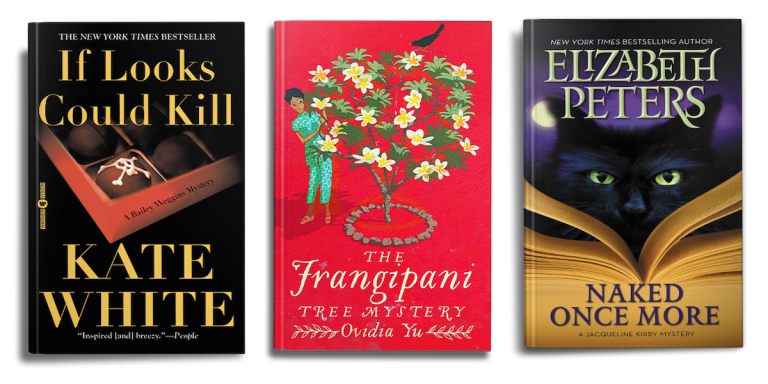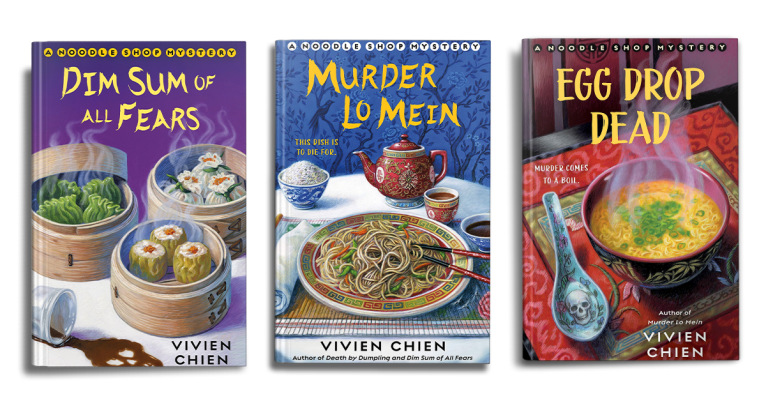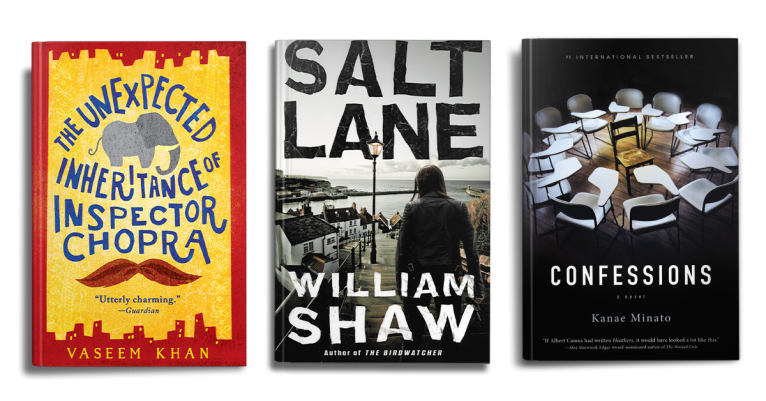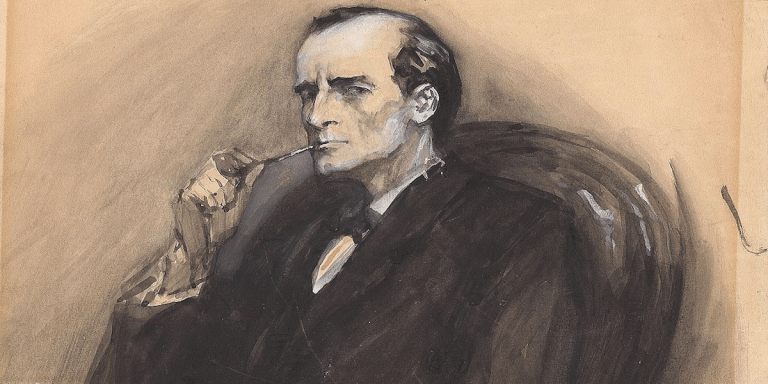The Finer Details Of Plotting Suspense According To a Suspense Author
 In my humble opinion, there’s nothing better than a great twist in a story. I love to be surprised, and as I get older, it becomes harder and harder to surprise me. So if an author succeeds in catching me by surprise, I consider that to be a mark of a great book, and it’s a challenge that I always task myself with.
In my humble opinion, there’s nothing better than a great twist in a story. I love to be surprised, and as I get older, it becomes harder and harder to surprise me. So if an author succeeds in catching me by surprise, I consider that to be a mark of a great book, and it’s a challenge that I always task myself with.
I also don’t like dry books. While I love a good thriller, I am–and always have been–driven by character development. To me, the characters come first, then the plot comes second. I spend days immersed in learning my characters before I ever try to formulate the plot. I know everything about each character (their favorite color, their birth order, their hobbies, etc) in order to make them believable for the reader. That’s key in any genre. If your reader can’t relate to the character, it’s game over.
I once had a great editor tell me, “Don’t ever leave drama on the table.” So in any given scene, I take a hard look at it, and check to see if I’ve squeezed all dramatic opportunities from it, while still keeping it plausible.
Plausibility is important. I’ve read a few thrillers that would’ve been good, except that the major plot at the end seemed implausible, and as a reader, I felt cheated because as you read a thriller, you constantly try to unravel the mystery. The average person doesn’t waste time on considering the impossible. If an author dupes me by springing the implausible on me, it feels like lazy writing. I avoid that at all costs.
When writing suspense, I layer in the details and the clues. I like a good immersive experience, and to do that effectively, you can’t overwhelm the reader with too much detail in the beginning with what I call “the data dump.” Too much information at once is boring and ineffective. Instead, you pepper the information throughout. Make a good timeline with major plot points, then go through and make sub-points, where you decide when and where to drop clues.
Different genres have different formulaic aspects that readers have come to expect. In thrillers, there is always a protagonist which the story focuses on, but the plot itself is usually propelled forward by circumstances outside of their control (A murder, for instance). The book then focuses on how the protag handles the situation, how they unravel it.
To me, while the basic plot needs to be formulaic, outstanding work is separated from the merely acceptable by how deft the author is at capturing the visceral action in the storyline, by making the emotion come off the page, and by ratcheting up the tension. A good author knows to build the suspense into a crescendo, where it explodes at the climax.
Thrillers rely on keeping the reader on the edge of their seat. By combining all of the things listed here into one great story, the author will have the readers biting their nails into nubs. Hopefully, they’ll have a good manicurist to visit once the book is finished!
About The Author
Courtney Evan Tate is the nom de plume (and darker side) of New York Times and USA TODAY bestselling author Courtney Cole. She spend her days dreaming up new characters and storylines and surprising plot twists and writing them beneath Florida’s rustling palm trees. Visit her at www.courtneycolewrites.com.
Gen is on the verge of a divorce from her cheating husband. When her sister, Meg, has a convention to attend in the Big Apple, she invites Gen along to celebrate her newly found freedom. But the perfect sisters’ getaway quickly goes awry when a tipsy Gen defiantly throws her wedding ring off the hotel room’s balcony. Then, wanting some fresh air, she decides to take a late-evening walk alone and vanishes without a trace.
The investigation that follows uncovers secrets—and betrayals—between sisters and spouses that will twist the truth in on itself until nothing is clear.
What really happened to Gen and who, besides Meg, was the last to see her? Read an excerpt from The Last to See Her.
By clicking 'Sign Up,' I acknowledge that I have read and agree to Hachette Book Group’s Privacy Policy and Terms of Use
What to Read Next
.





